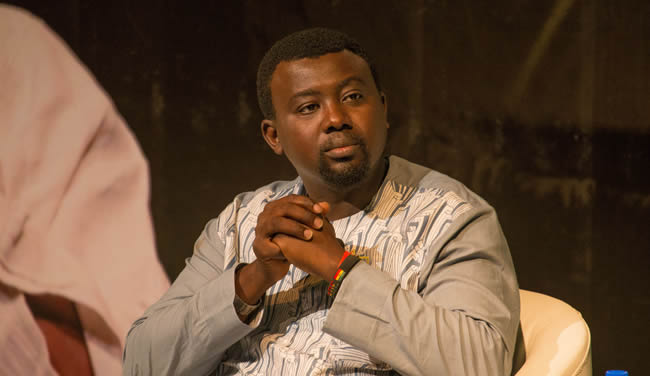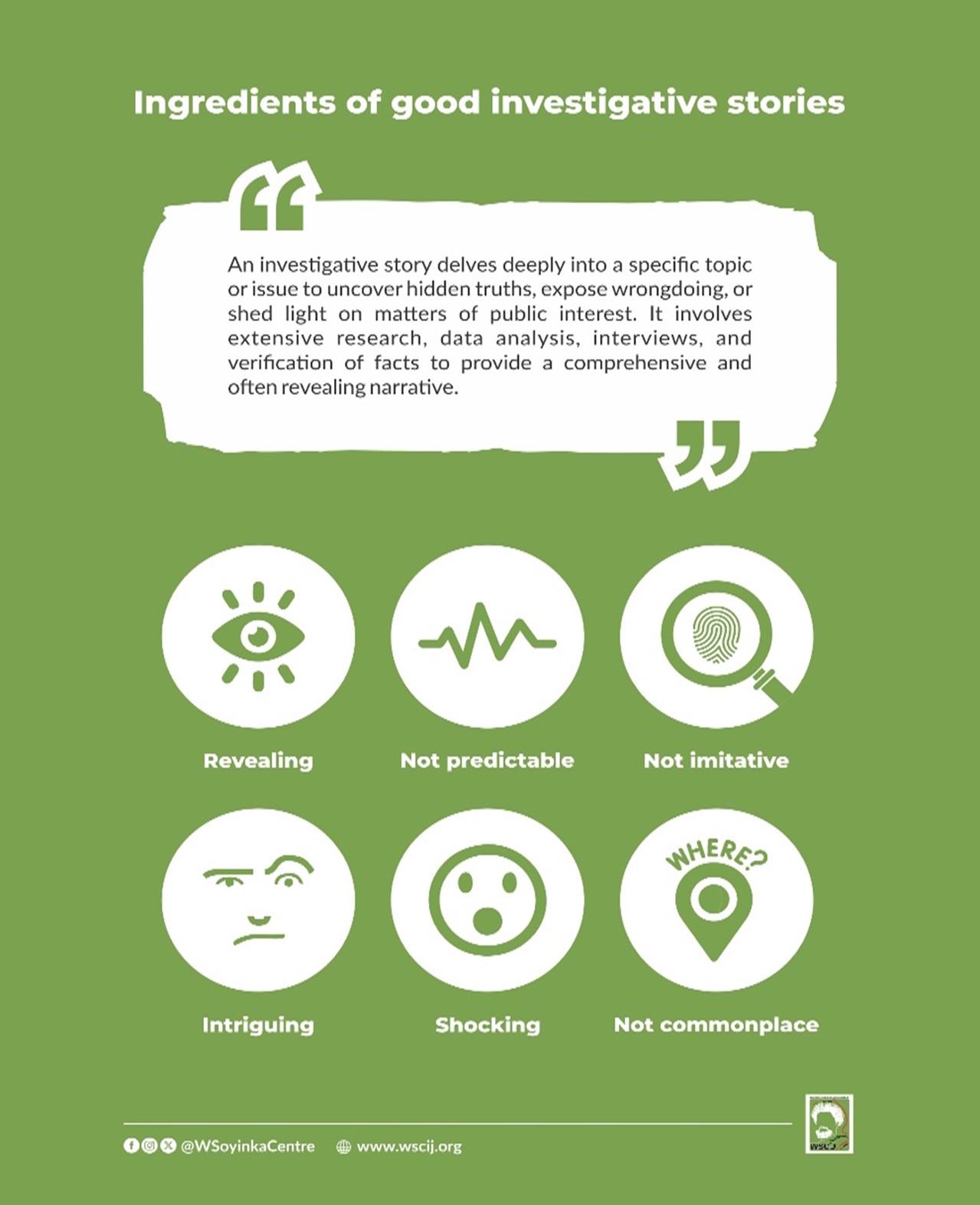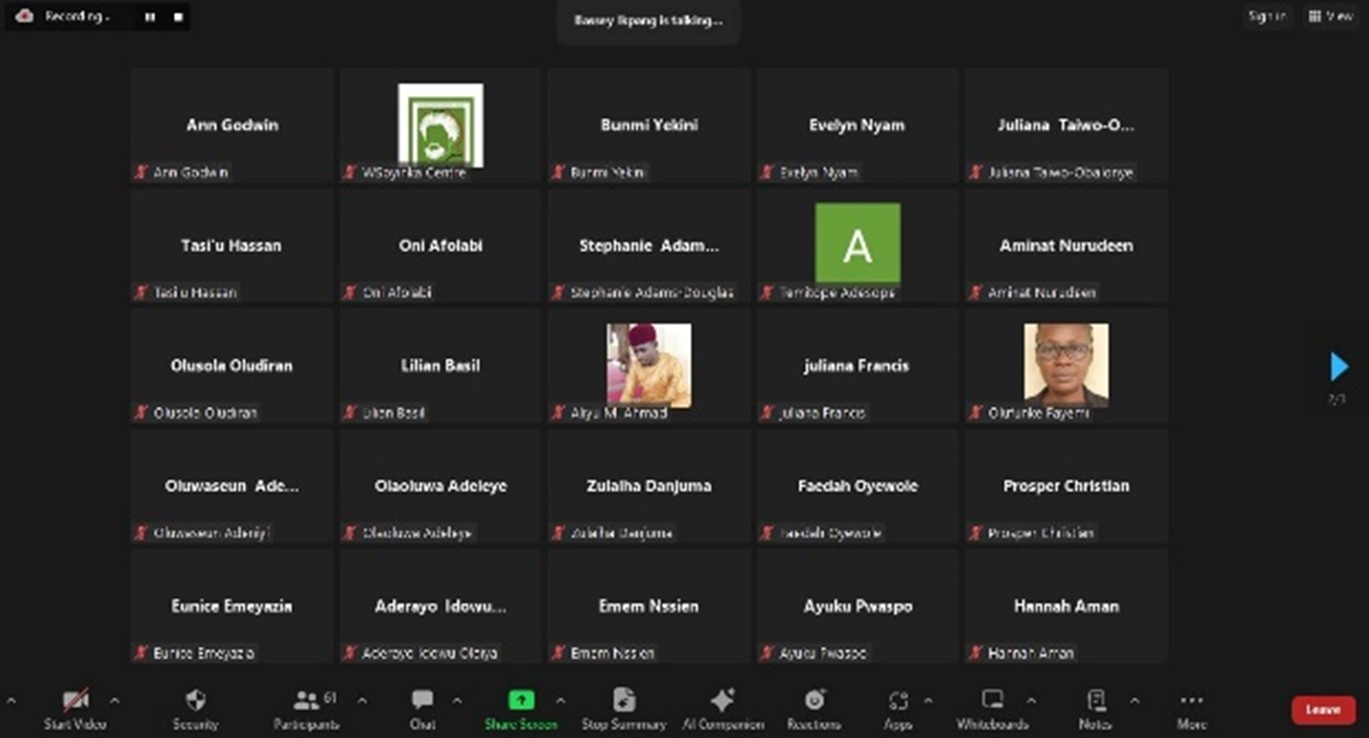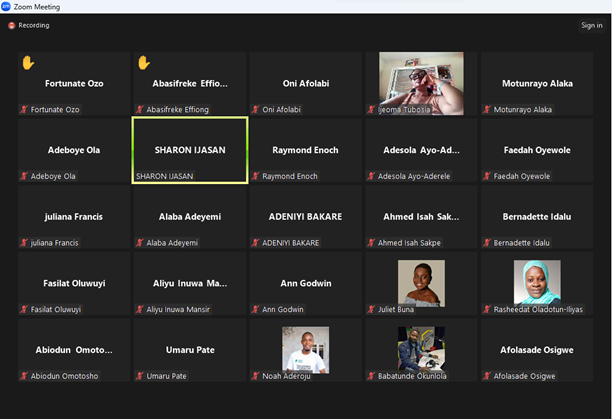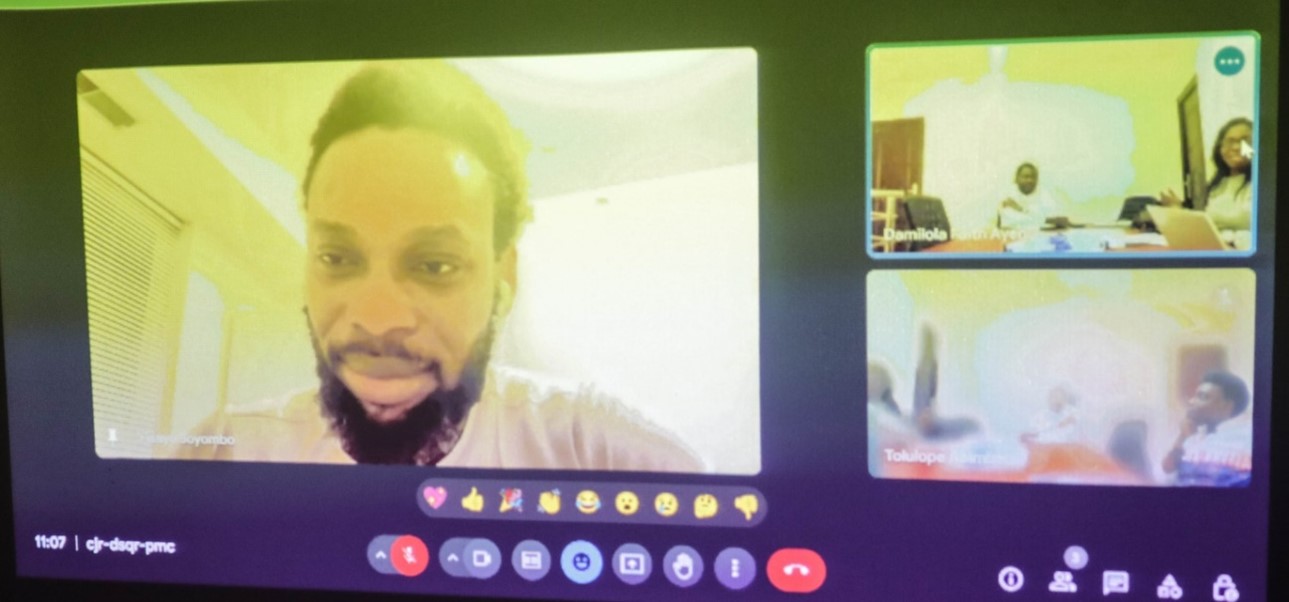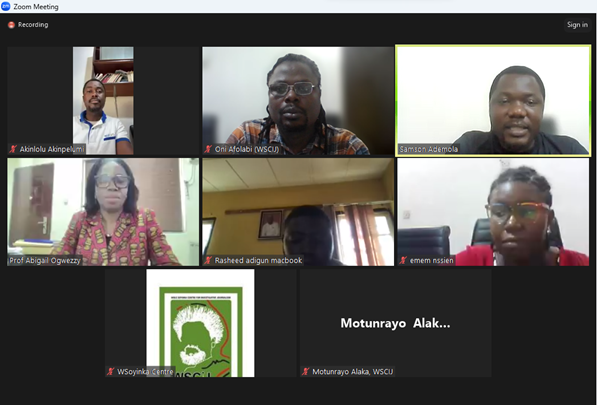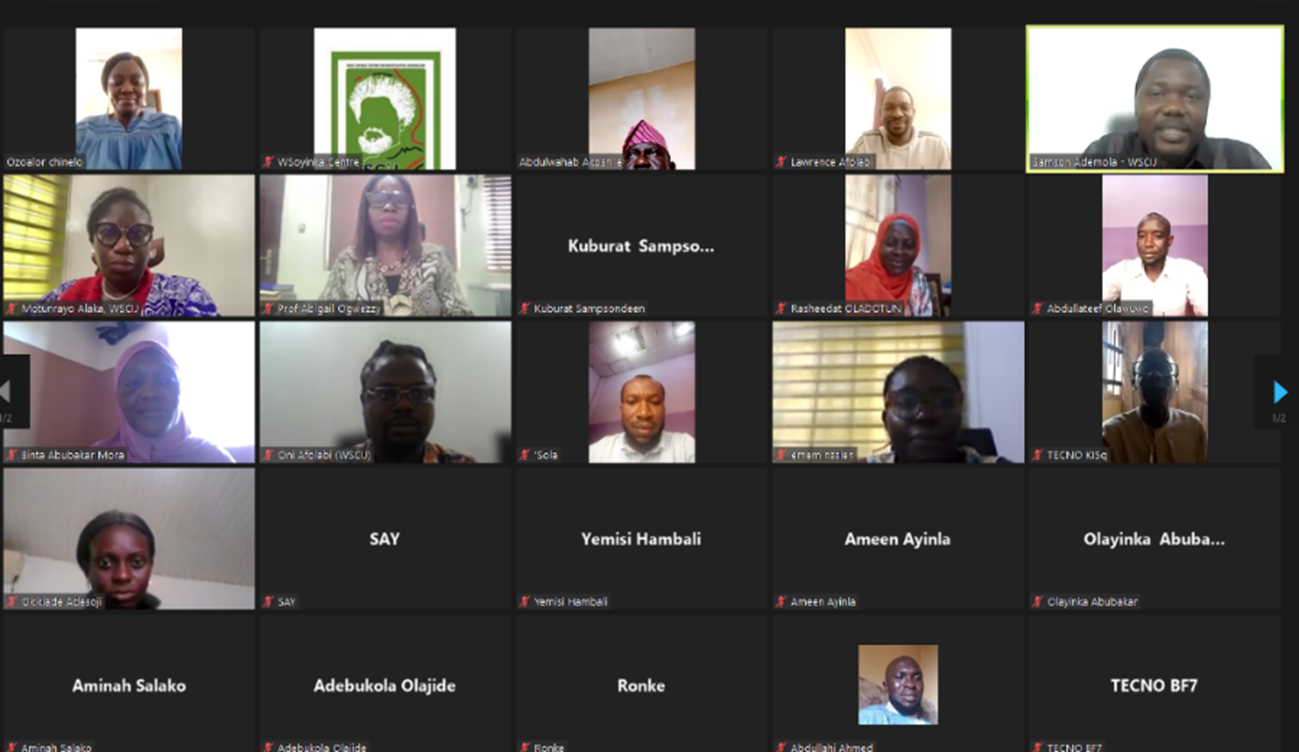Contrary to sentiments that expensive and sophisticated technology is required for elections, Gbenga Sesan, Executive Director, Paradigm Initiative, has argued that there are affordable and very effective alternatives that can be deployed for elections in the country. He made this counter claim at the 11th Wole Soyinka Centre Media Lecture Series, held on Saturday, 13 July 2019 at MUSON Centre, Onikan, Lagos.
According to Sesan, the technology needed in some cases may not even require the use servers. He said, “The reality is this: The Independent National Electoral Commission (INEC) has the phone numbers of over 45 million people on their database. On the day election was postponed, how come INEC did not inform everybody via texts?
“Every time I hear INEC say things about tech being expensive, it scares me because it means our relationship with tech is almost always with the sexy and sophisticated ones, whereas there are simple tools that we can use,” he said.
He explained that in 2011, he alongside other technology experts developed a technology for election monitoring. He said, “Of course, before if you had to monitor elections, you must have been an accredited official, but a group of us met in 2011 and designed the REVODA, being managed by Enough is Enough (EiE) Nigeria, which means that on your mobile phone, you can monitor elections from everywhere, and people reported and even before results were announced, we could see a kind of trend, and that did not stop there.”
He expressed worry about the privacy of data in electoral umpire’s database. He said, “I am glad to know that INEC is using technology, but I am worry that in this same country, one person got all of that same data from INEC and put it on a website. We went to court immediately because I thought that is one of the weirdest things that could happen. The person put the website off and the case died naturally.”
He urged participants to be watchdog of their data whenever they give it to organisations like INEC.
“When you give your biometric information and you provide your entire identity to an agency like INEC, you have to be the watchdog that asks question about how your data is treated and 21 million would be qualified to register as new voters in 2023,” he advised.
He charged INEC to make use of technology to educate the about 18 million people according to 2006 census that will be eligible to vote in the next election.
“That generation is tech savvy. That generation can get excited such that we don’t end up all the time with 35 percent and below when it comes to participation in elections. Right now, some of the worst political parties would keep winning elections in Nigeria forever until that generation that is tech savvy is helped by not just new generation politicians, but by the institution of INEC and other governmental institutions, and even us as citizens such that they know that their votes count, and they understand the process, and they get interested from today,” he said

